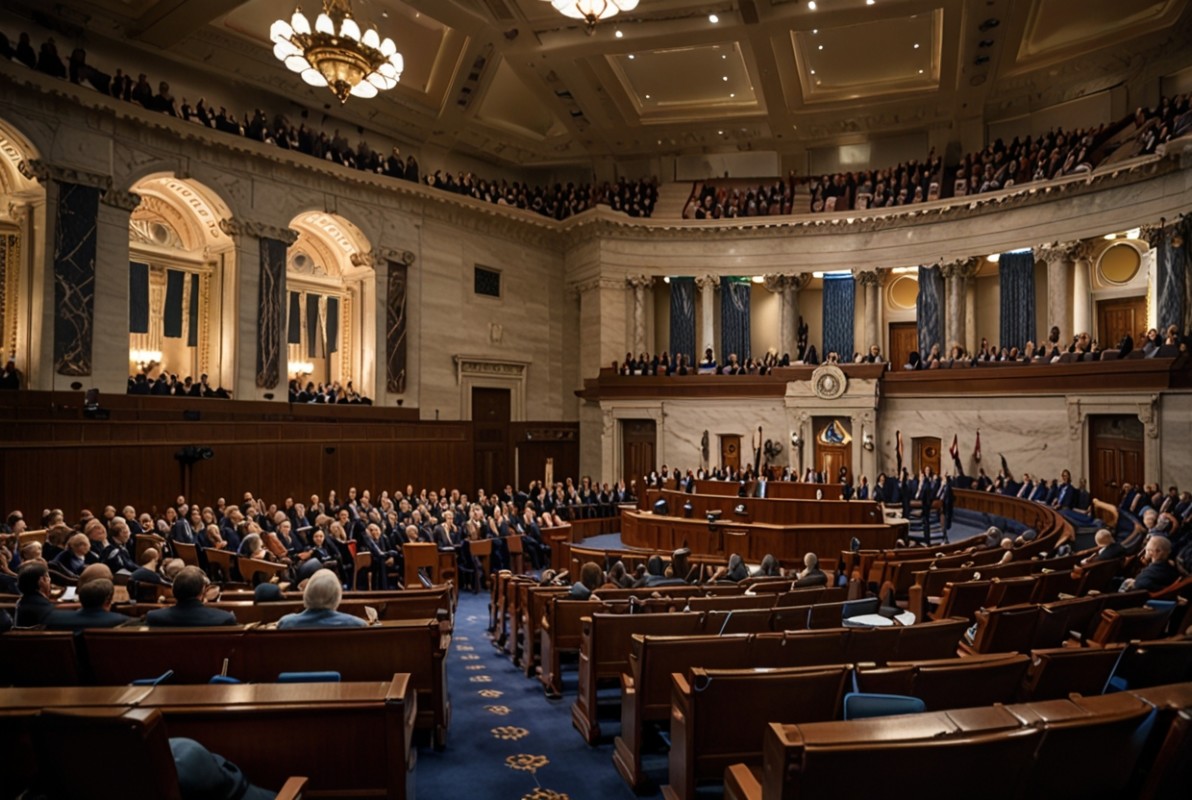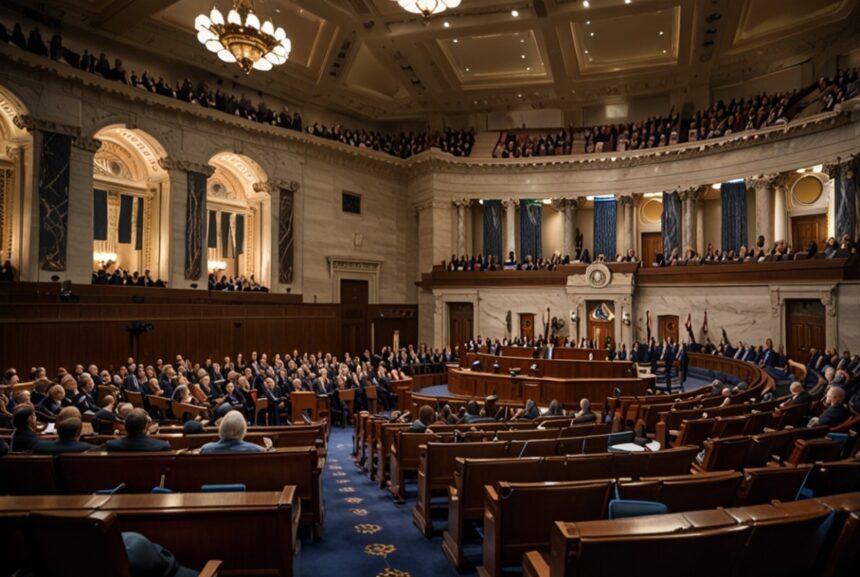
Following the announcement at the Bitcoin Conference in Nashville on July 27, the company announced that it will invest $1.2 billion in the Bitcoin Blockchain to “optimize investments nationwide to drive innovation, technology and competitiveness” or Bitcoin Bill 2024The bill introduced by Senator Cynthia Lummis of Wyoming seeks to cement Bitcoin as a strategic asset in the US financial arsenal. The core of the bill proposes the creation of a Strategic Bitcoin Reserve (SBR), a structured Bitcoin purchasing program, and a comprehensive national custody policy. While the bill is quite brief, below we will take a closer look at the bill’s key provisions, their impact, and the innovative funding mechanism it employs.
Strategic Bitcoin Reserve
The establishment of SBR marks a paradigm shift in how the US government manages and stores Bitcoin at the federal level. Mirroring many of the best practices currently being discussed in this field, such as geographically distributed keys, cold storage obligations, and independent proof-of-reserve audits, SBR will create a decentralized network of secure Bitcoin storage facilities across the US. (Multi-signature systems, however, are not mentioned but explicitly prohibited.) The Act therefore seeks to protect against breaches and vulnerability to a single catastrophic event.
Bitcoin Buying Program
The Act establishes a plan to acquire up to 1,000,000 Bitcoin over a five-year period, limiting annual purchases to 200,000 Bitcoin, and then holding the reserve for 20 years. Additionally, the Act places restrictions on the use and sale of the reserve after the holding period. During the minimum holding period, Bitcoin held by the Federal Government in the SBR may not be sold, exchanged, auctioned, pledged, or otherwise disposed of for any purpose other than to redeem outstanding Federal Obligation Instruments.
Funding the Bitcoin Buying Program
To minimize the impact on taxpayers, the legislation provides several methods for funding the acquisition of Bitcoin, ensuring economic sustainability without increasing the federal debt.
First, it proposes an amendment to the Federal Reserve Act to reallocate the discretionary surplus funds of the Federal Reserve Banks, reducing them from $6.825 billion to $2.4 billion. The Federal Reserve Banks would then be required to remit their net income to the Treasury, and the act would redirect the first $6 billion to buy Bitcoin.
Additionally, the act also includes an adjustment to the valuation of gold securities held by Federal Reserve Banks. Currently, Federal Reserve Banks hold gold securities valued at $42.22 per ounce, while the market price of gold today is nearly $2,400. Essentially, this forces the Federal Reserve Banks to mark their gold securities to market and then remit the proceeds of the gold to the Treasury to fund the initial acquisition.
National Participation
The Act contemplates accepting state-level Bitcoin holdings into the national framework through voluntary participation. This aspect would allow states to store their Bitcoin holdings in segregated accounts within the SBR. By offering this option, the federal government allows (but does not mandate) states to add Bitcoin to their own treasuries without having to reinvent and reimplement robust security plans.
States that participate in the program will retain exclusive and separate ownership rights to Bitcoin and the right to withdraw or transfer their Bitcoin holdings from the SBR, subject to the terms of their contractual agreements and applicable federal regulations, but will not be subject to the federal regulations that apply to the SBR. This flexibility allows states to manage their Bitcoin treasury according to their specific financial strategies and needs.
Implications and next steps
The Bitcoin Act seeks to acquire Bitcoin without directly burdening taxpayers or increasing the federal debt by leveraging existing financial resources and leveraging the economic value of gold. This multi-pronged approach highlights the innovative financial strategies the Act employs to integrate Bitcoin into the national reserve system and lays the groundwork for a comprehensive Bitcoin policy across all levels of U.S. government.
Readers who want to support this bill should contact their legislators directly or through tools such as those it has created. Satoshi Action Fund.
This is a guest post by Colin Crossman. The opinions expressed here are entirely Crossman’s own and do not necessarily reflect the opinions of BTC Inc or Bitcoin Magazine.








